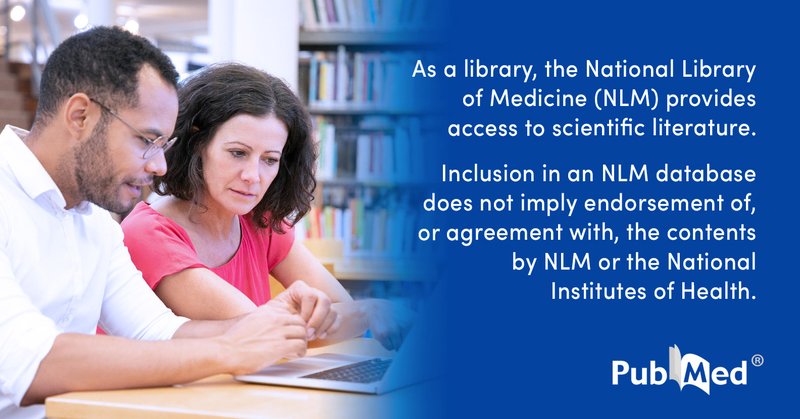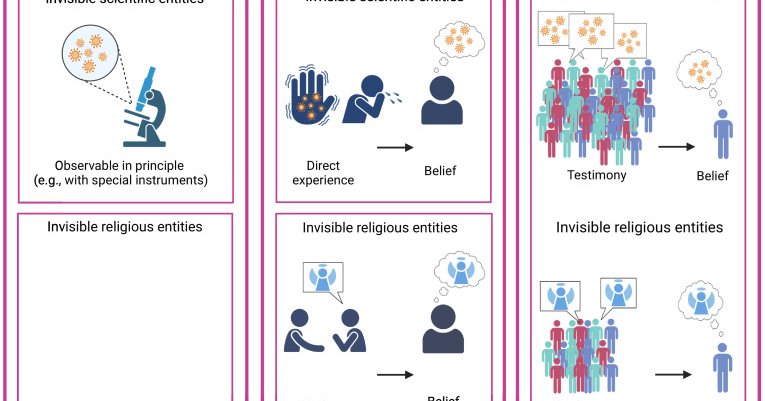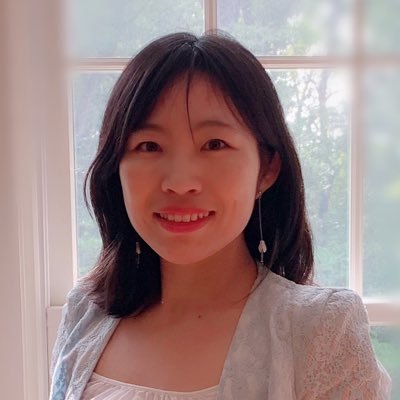
Mary Shaocong Ma
@ShaocongMa
Followers
60
Following
86
Media
2
Statuses
30
🎓Research Assistant Professor, Hong Kong University of Science and Technology 📚Socio-cognitive and emotional development
Hong Kong
Joined September 2022
RT @FralickMike: Need a power/sample size calculation for a study or upcoming grant? Led by @emil_hs, we built a simple, free, and pain-fr….
0
604
0
If you’re attending ISSBD in Lisbon, don’t miss our symposium on Wednesday (June 19; 14:30-16:00).
0
0
5
RT @TrendsCognSci: Scientific and religious beliefs are primarily shaped by testimony. Opinion by Shaocong Ma (@ShaocongMa), Ayse Payir, Ni….
0
5
0
I feel so honored and grateful to HKUST for this great piece. Our new research has proposed a unified model in explaining how testimony primarily shapes the formation of beliefs in unobservable entities — it’s now published in Trends in Cognitive Sciences by Cell Press!.
[ Research & Teaching Excellence | Testimony Trumps Experience? #HKUST Study Reveals How Other's Words Shape Our Beliefs in Science and Religion ]. What's a more reliable source of beliefs - other's words or our own firsthand experience? An international research team led by
0
1
2
Scientific and religious beliefs are primarily shaped by testimony rather than first-hand observations
pubmed.ncbi.nlm.nih.gov
Understanding why individuals are more confident of the existence of invisible scientific phenomena (e.g., oxygen) than invisible religious phenomena (e.g., God) remains a puzzle. Departing from...
0
0
3
Now coming out in Trends in Cognitive Sciences. Free access to the paper by July 17, 2024, via this link:
Challenging the conventional view that firsthand experience shapes learning in scientific phenomena, my collaborators and I have proposed a unified theory arguing that testimony primarily shapes ontological beliefs in domains of science and religion.
0
1
6
Challenging the conventional view that firsthand experience shapes learning in scientific phenomena, my collaborators and I have proposed a unified theory arguing that testimony primarily shapes ontological beliefs in domains of science and religion.
0
0
5
RT @robsica: "Challenging conventional explanations, we argue that testimony-based input, rather than direct experience, is the primary det….
cell.com
Understanding why individuals are more confident of the existence of invisible scientific phenomena (e.g., oxygen) than invisible religious phenomena (e.g., God) remains a puzzle. Departing from...
0
3
0
RT @kmcaulif1: Some thoughts on how sampling decisions shape inferences about age-related changes in developmental psychology:.
0
6
0
Check out our new paper in Dev Sci👇🏻Children, unlike adults, think poor people would suffer more pain than the rich. 👶🏻 Huge thanks to Prof Bian and Yuhang for your great work! 🥳.
New paper with @yuhang_shu, Jessica Li, @ShaocongMa is out! Though adults sometimes believe the poor suffer from less pain than the rich, we found US kids think the poor feel more pain around age 7, and kids in China develop this belief even earlier.
0
0
7
RT @LinBian_: Children's pain judgments also lead them to help the less wealthy: children who perceived the poor as suffering more pain wer….
0
1
0
Check out our research covered by a recent BBC piece! .😊🥳Why people reward innate talent over hard work via @BBC_Worklife.
bbc.com
The narrative goes that a large part of perceived success is due to work ethic. But that may not always be the case.
0
0
4
RT @ELSpsychology: Read on ScienceDirect! A new special issue from Cognitive Development: Mapping Development of our Social Cognition of Re….
0
4
0
RT @sarahegaither: New paper alert 💡 (and free access for 50 days!) My work with Eva Chen and her team measures Hong Kong children's wealth….
0
3
0












